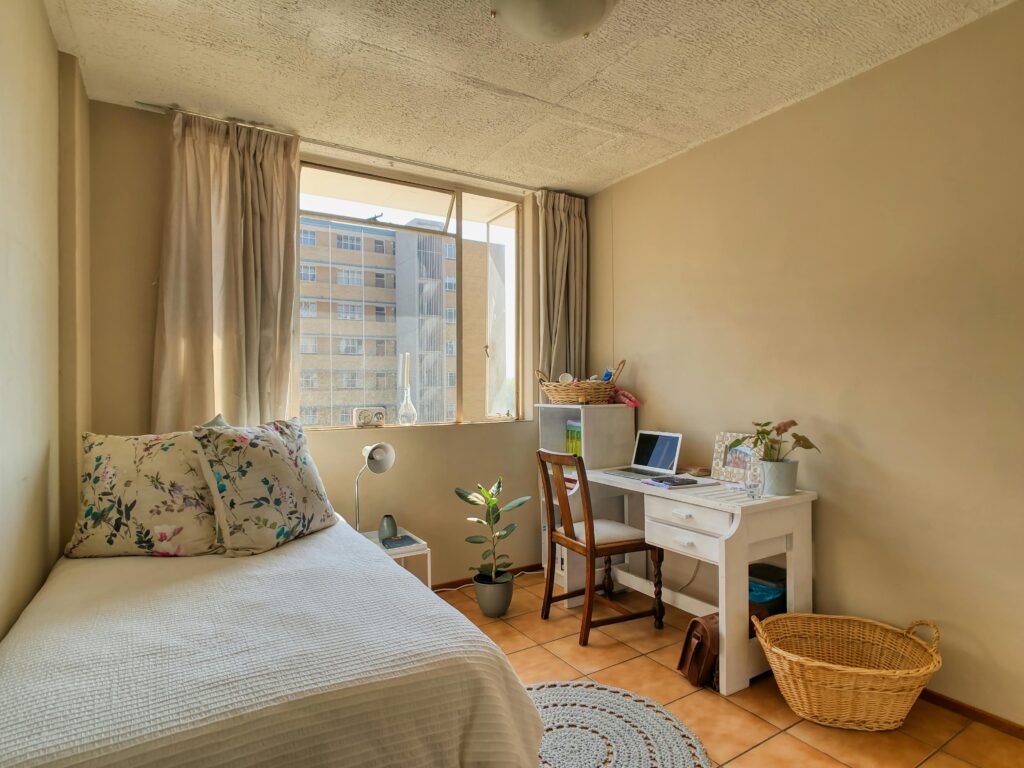

Washington, D.C. isn’t just the capital of the United States, it’s a magnet for students from across the globe. In Washington, there are many renowned universities like Georgetown, George Washington, American University, and Howard, and students are attracted to these universities. But once you’re admitted, reality hits: housing in D.C. is expensive. Like, “do-I-really-need-a-bedframe?” expensive.
But don’t panic. With a little strategy, a few compromises, and a healthy dose of patience, you can find a place that won’t make your wallet weep. Here’s how to find student housing in Washington, D.C. on a budget.
1. Start finding housing early
Washington D.C. student housing fills up very fast. The best deals get taken early, especially if you’re eyeing shared apartments or student-specific housing options. Ideally, start your search 3–4 months before your move-in date. Waiting until the last minute will limit your choices.
2. Explore Student-Friendly Neighborhoods
Exploring student apartments in Washington DC is pretty easy as many apartments are available in nearby neighborhoods of universities.
If you want to live like a local but still stay close to your campus, location is key. Here are some neighborhoods that balance affordability and accessibility:
Brookland – Near Catholic University,you will find quieter and relatively affordable rents.
Petworth – A bit further from the universities, but cheaper, with solid metro access.
Columbia Heights – Buzzing with young people, plenty of food joints, and good bus/metro links.
Navy Yard – Becoming more student-friendly, especially if you’re looking at group housing.
Foggy Bottom – Super close to GWU, but also pricey—look for shared rooms or basement units.
Living slightly outside the city like in Silver Spring, Maryland or Arlington, Virginia can also save money if you don’t mind commuting via Metro.
3. Use the Right Platforms
Zillow is great, but not always student-budget-friendly. Instead, try:
Facebook Marketplace & Groups: Search for groups like “DC Student Housing,” “DC Apartments Under $1000,” or your university’s housing forums.
Craigslist: Still alive and kicking, but beware of scams. Always verify listings.
HotPads, Roomi, and Roomster: Ideal for finding roommates and furnished rooms.
University Bulletin Boards: Check both online and campus flyers. Many upperclassmen list available rooms after graduation or study abroad departures.
Pro tip: When looking for roommates, focus less on matching your zodiac sign and more on cleanliness, budget alignment, and sleep habits.
4. Consider Student Apartment Complexes & Co-Living Spaces
Some companies offer student-focused apartments or co-living apartments near the University of Washington that bundle utilities, Wi-Fi, and furnishings—sometimes even cleaning services. They’re not always the cheapest, but they remove a lot of hassle. Websites like amber can help you out in finding these easily.
Look into:
- Varsity on K
- The Elise at Gallaudet
- Common Co-living Spaces in D.C.
- These spaces often offer shorter leases, flexible move-ins, and roommate-matching options.
5. Lower Your Rent With Smart Hacks
If rent is more than your budget, here’s how you can make the most out of it:
Go in a group house: Living with 3–4 people brings down costs.
- Look for basement apartments: Less natural light, but more money in your pocket.
- Negotiate on utilities: If not included, ask landlords for average monthly costs.
- Offer to pay a few months upfront: Sometimes, landlords are more flexible on rent if you show financial reliability.
Oh, and always read the lease. Yes, it’s long and boring. But “fun surprises” like hidden cleaning fees or early termination clauses are not actually fun.
6. Factor in Transportation Costs
If you save $300/month on rent by living far from campus, but end up spending $150/month on the Metro, is it worth it? Maybe. Maybe not. Use WMATA’s Trip Planner to calculate your commute time and cost before you commit.
A great tip: Get a student Metro pass through your university. Many offer discounted unlimited ride passes.
7. Beware of “Too Good to Be True” Deals
If someone offers a $600 studio in Dupont Circle with “no lease needed,” pause.Washington D.C. is unfortunately no stranger to rental scams. Always: Visit the unit in person or ask for a live video tour.
Conclusion
So, Which One is Better?
There’s no right or wrong answer. The better choice depends on you. Think about:
- How much you can invest in housing
- Whether you like big classes or small ones
- What subject you want to study
- What kind of campus vibe you prefer
- How much support you might need
Take time to research your options and trust what feels right. This is a big decision, but it’s also the start of an exciting journey.
amber helps you secure ideal student accommodation on your study abroad journey. Having served 80 million students (and counting), amber is your one-stop shop for all your accommodation needs. Download the amber app from the Google play store or App Store to book an affordable home for your adventure.
About author
Kajol. M is someone who’s passionate about sharing stories, ideas, and anything that sparks a little inspiration. When not writing, you’ll probably catch me buried in a book, playing an instrument, or getting lost in a playlist.






Leave a Reply